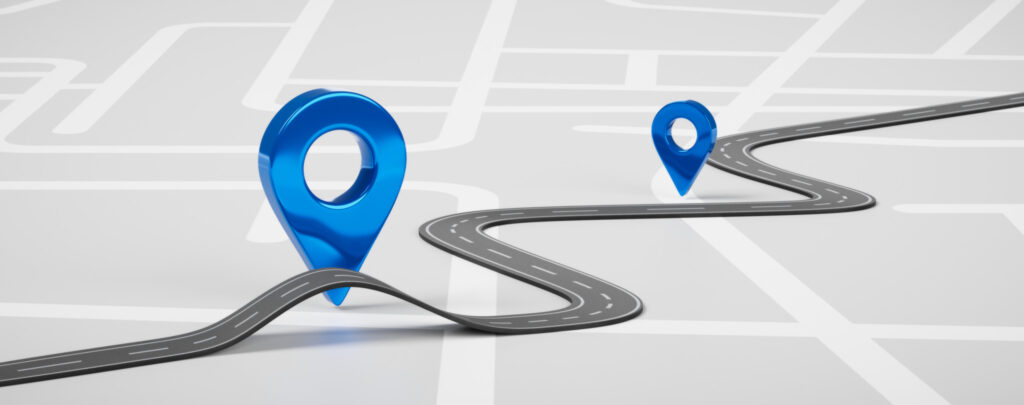Trip planning tips for professional truckers
How many drivers who went through a driver education program are ready for the open road?
It’s incredible to me that spending $10,000 for training doesn’t prepare you for your chosen career. There are a few who do a decent job, but they are far too rare.
I cannot address all the shortcomings of our training systems, but I’ll tackle some here that will help you adjust to life as an over-the-road driver once you’ve obtained your licence. I will give you some ideas on what you need to bring with you in your new ride.

I’ll start by assuming that you are a company driver. I surely hope that you’re not getting out of school and into your own truck. That makes me flinch like a bad shift going uphill.
Whether you are in Canada or the U.S., carrying clothing for three seasons is necessary. If you’re in Canada, those 3 seasons are winter, still winter, and Winnipeg.
Prepare to spend time trying not to freeze to death. A little macabre, but you can and will be stranded beside a road with no cell service and no traffic to help. Even if it never you it happens to, you may save the life of another unprepared person.
Food for the journey
Along with clothing, food and water are also necessary. A few non-perishables like canned beans, noodles and crackers don’t take up much space. I always liked to have two extra gallons of water.
If you’re stranded in a road closure, the police will often come along the lineup and ask two questions. How much fuel do you have? And do you have water and food to last for the required time?
As a side note, never let your truck get down to a quarter tank of fuel. It is safer to keep it above half in the winter.
Meanwhile, what cell phone plan are you on? Get yourself a good package that covers you no matter where you go. Some trucking companies will have good deals with different providers. People are social creatures and need to stay connected to loved ones back home. It is now so much nicer than when I started 34 years ago. Now I can video chat and message whenever I want.
Invest in a good noise-cancelling headset so others can hear you clearly, too. Most truck stops have good ones for less than $150. Regular earbuds and normal sets will not filter out the lower-toned truck frequencies, even if they claim to do so.
Trip planning
Trip planning is a key to reducing stress and better managing time. My career started before GPS so I always used big road atlases to navigate.
I still like seeing a full map page to plan my route. Take the time to learn whatever system you use. A huge benefit to GPS is that they will also show you the truck stops en route. If I have a 1,500-mile trip, I decide where I will stop each night before I shift the first gear.
With enough experience you will be able to breeze through this, but until you get there, work out your miles for each day and look for the stops that work for your fuel, food, and shower needs. The stops during the shift can be more flexible due to traffic, weather, etc. It never hurts to have a Plan B and C as well. There are some trips where there aren’t enough letters in the alphabet. It builds character..
When you get pulled in to a scale and asked to bring in your papers, it really helps to be organized. Many companies have a decent licensing binder, but if they don’t then you should try to sort it out yourself.
The paperwork you carry, bills of lading, trip envelopes, receipts, etc., should be kept neatly. An accordion type file works well.
A project binder or briefcase is also good. Something to keep all the papers in order and easily accessible can save a lot of fumbling around later. Especially if you’re involved in a crash.
Dash cams are valuable
Speaking of crashes, I highly suggest a good dash cam if your company doesn’t supply them. It will save your bacon. One with time and GPS stamp including your speed. Remember, it will also tell on you if you’re being a jerk, so it can help train yourself to be better.
If you will be slip-seating from one truck to another, do what a friend of mine did. He called it his seven-bag system. Everything he needed fit in to seven reusable shopping bags so he could easily switch out of one into another. Notice how organization seems to keep coming up? There’s much more to trucking than just holding a wheel.
These are just some basics. Figure out what works for you and most importantly, look after yourself.
Remember, you have two ears and one mouth. Do twice as much listening as talking.
Have your say
This is a moderated forum. Comments will no longer be published unless they are accompanied by a first and last name and a verifiable email address. (Today's Trucking will not publish or share the email address.) Profane language and content deemed to be libelous, racist, or threatening in nature will not be published under any circumstances.